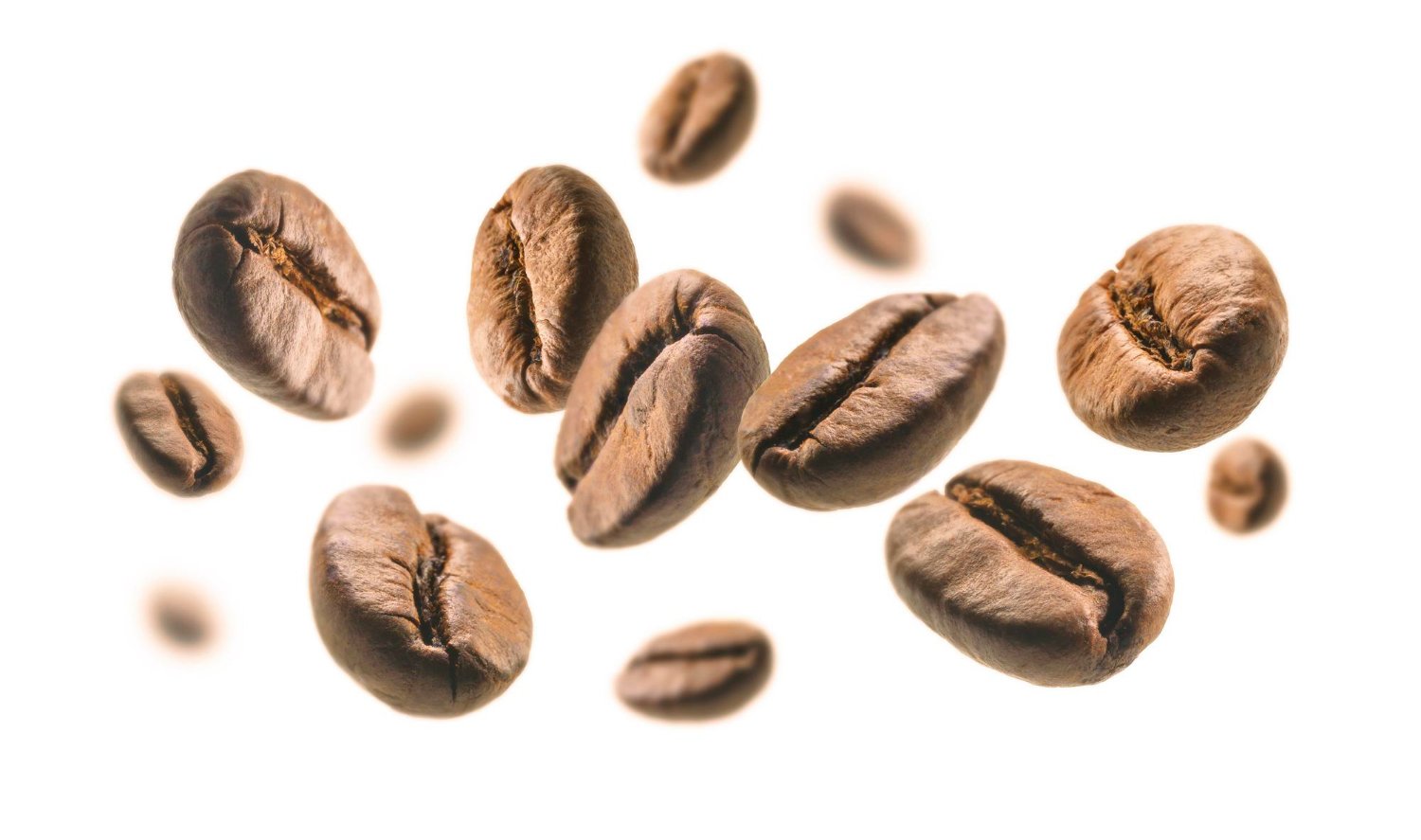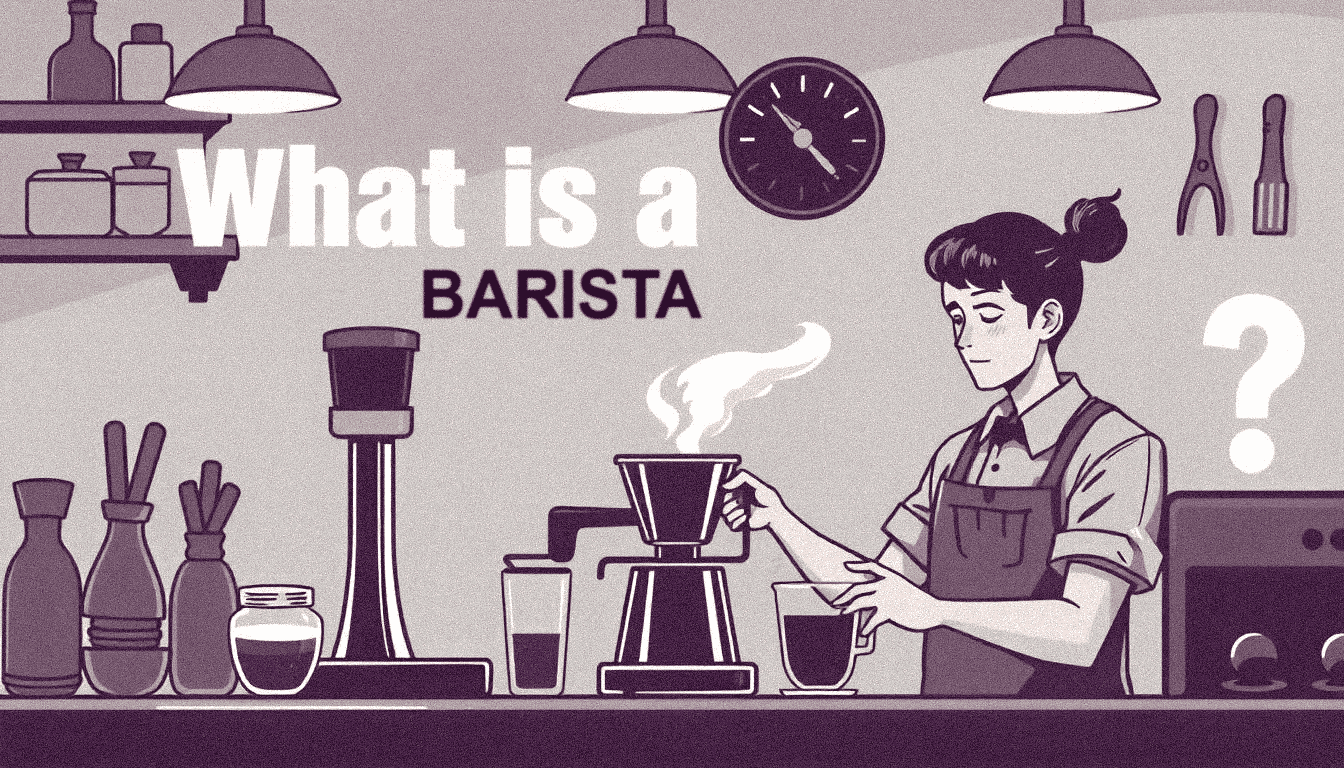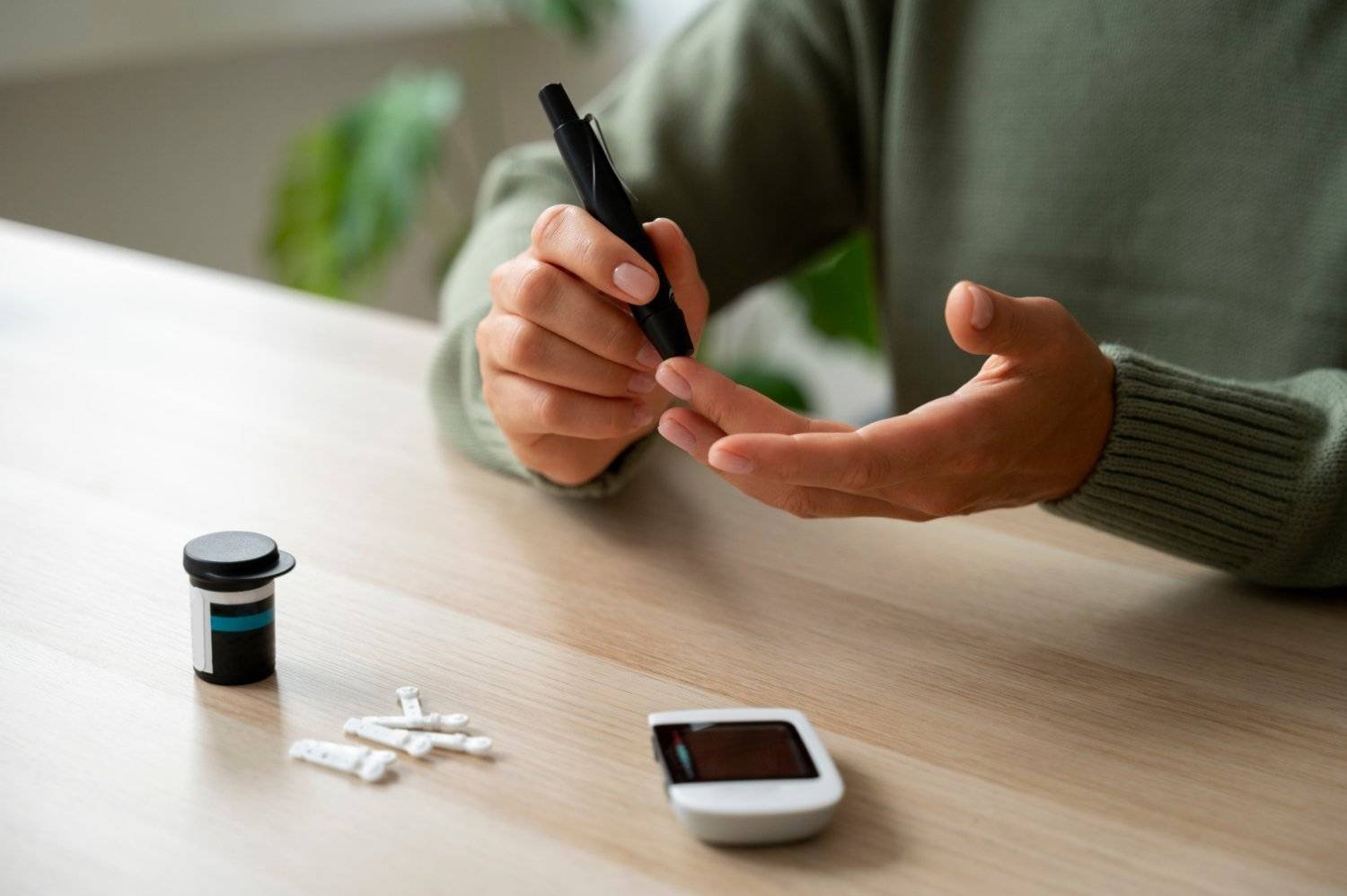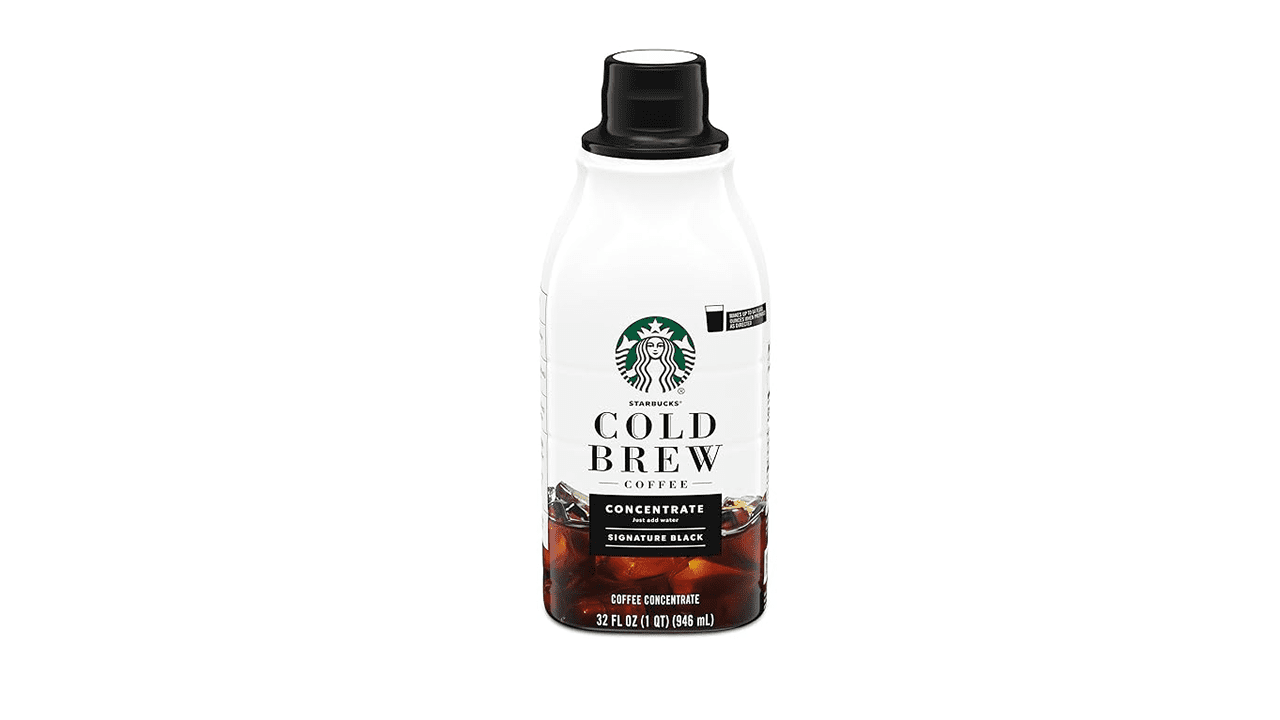Coffee is widely consumed and known for its stimulating effects, primarily due to caffeine, which can temporarily raise blood pressure. However, the impact of regular coffee consumption on sustained high blood pressure (hypertension) remains debated. This article explores the latest research on the connection between coffee and high blood pressure.

Does Caffeine in Coffee Affect Blood Pressure?
Caffeine is a well-known stimulant found in coffee and other beverages like tea and energy drinks. It works by blocking adenosine receptors in the brain, increasing the release of adrenaline and dopamine, which leads to heightened alertness and energy. However, caffeine also affects the cardiovascular system by temporarily raising blood pressure.
Research has shown that caffeine can cause a short-term increase in blood pressure, especially in individuals who are not habitual coffee drinkers. The effect is usually modest and temporary, often lasting a few hours after consumption. This is because caffeine stimulates the central nervous system, causing the blood vessels to constrict, which leads to an increase in blood pressure. However, the impact of caffeine on blood pressure is generally mild in most individuals, especially for those who consume coffee regularly.
Summary
Caffeine, a stimulant in coffee, tea, and energy drinks, increases alertness by blocking adenosine receptors and releasing adrenaline and dopamine. It can temporarily raise blood pressure, particularly in non-habitual coffee drinkers. This short-term increase is usually modest and lasts a few hours, as caffeine constricts blood vessels. For regular coffee drinkers, the impact on blood pressure is generally mild.
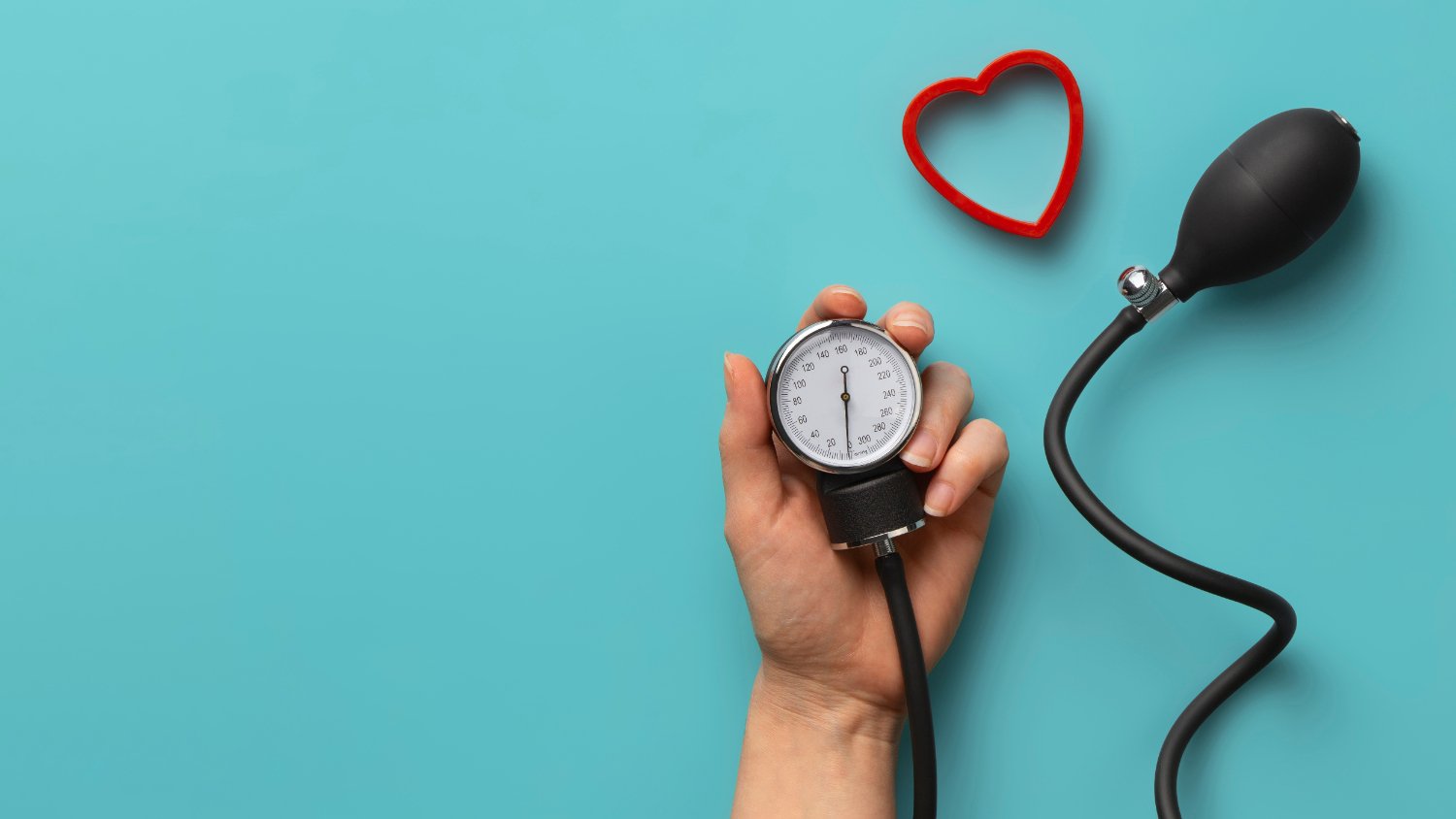
Blood Pressure and Hypertension
Blood pressure refers to the force exerted by the blood against the walls of the arteries as it flows through the body. It is typically measured in millimeters of mercury (mmHg), with the two key values being systolic (the pressure when the heart beats) and diastolic (the pressure when the heart rests). A normal blood pressure reading is typically around 120/80 mmHg.
Hypertension, or high blood pressure, is a condition where the force of blood against the artery walls is consistently too high. This can strain the heart, kidneys, and blood vessels, increasing the risk of heart disease, stroke, and kidney problems. High blood pressure is often referred to as a “silent killer” because it may have no noticeable symptoms until significant damage is done to the body.
While lifestyle choices like diet, exercise, and stress management play crucial roles in blood pressure, the role of caffeine in coffee is a frequent topic of research.
Summary
Blood pressure measures the force of blood against artery walls, with normal levels around 120/80 mmHg. Hypertension, or high blood pressure, increases the risk of heart disease, stroke, and kidney problems. It’s often symptomless, earning it the nickname “silent killer.” While lifestyle factors matter, caffeine’s effect on blood pressure is also frequently studied.
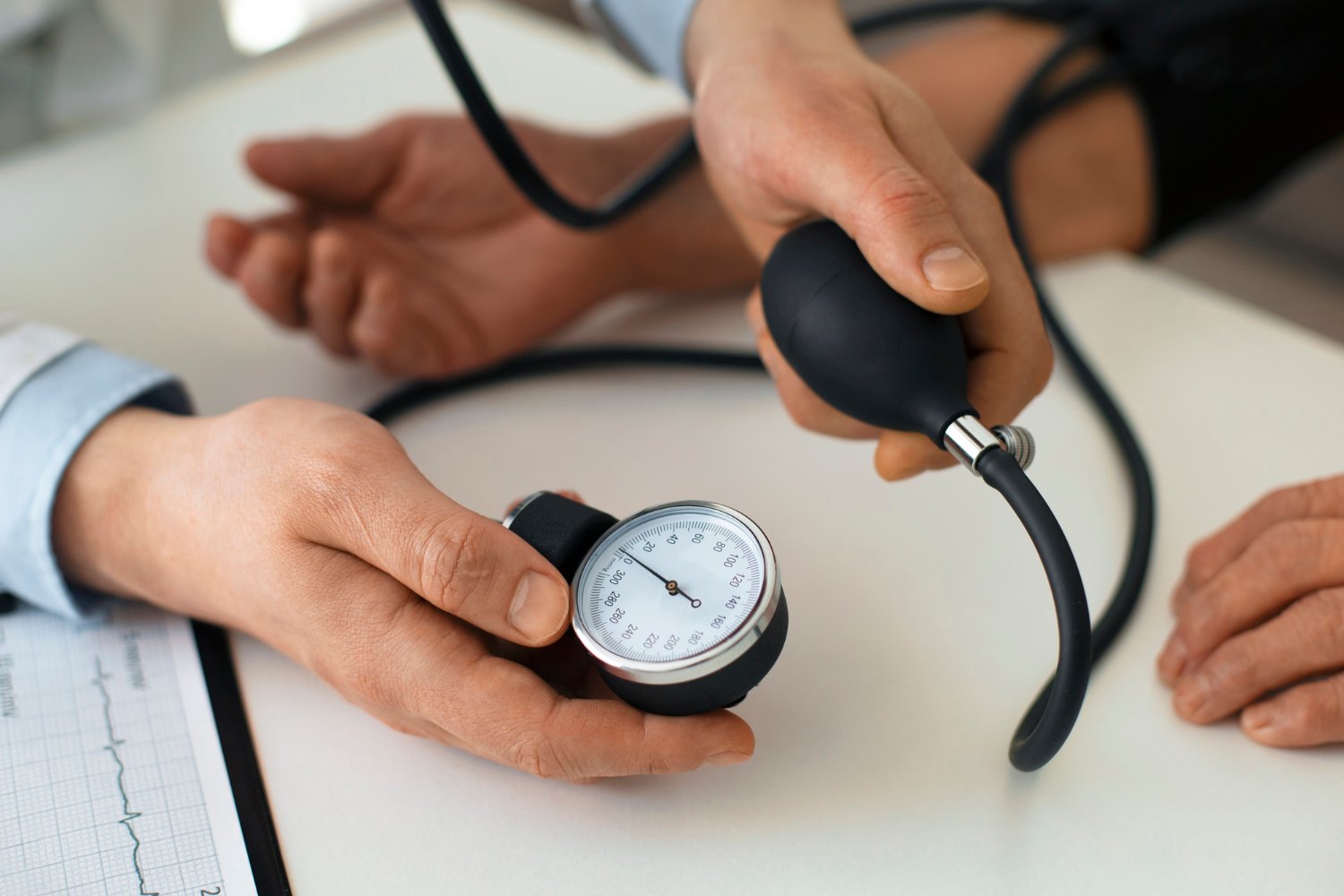
Long-Term Effects of Coffee on Blood Pressure
While caffeine may cause a temporary spike in blood pressure, the long-term effects of regular coffee consumption are still under investigation. According to research studies, regular coffee consumption (1-3 cups per day) does not appear to have a significant impact on long-term blood pressure levels for most individuals. In fact, a cohort study conducted over 10 years found that people who consumed coffee regularly showed no significant differences in blood pressure compared to non-consumers or those who consumed coffee infrequently.
This study, which tracked 1,400 participants over a decade, found that heavy coffee drinkers (3 or more cups per day) actually had slightly lower systolic blood pressure at both the baseline and after 10 years compared to moderate drinkers and non-consumers. The researchers concluded that coffee consumption did not lead to a significant increase in blood pressure or a higher risk of hypertension in the long run.
Summary
Caffeine may temporarily raise blood pressure, but long-term studies show regular coffee consumption (1-3 cups/day) has little impact on blood pressure. A 10-year study found heavy coffee drinkers had slightly lower systolic blood pressure, with no significant link to higher hypertension risk.

Effect of Coffee on Blood Pressure
The way coffee affects an individual’s blood pressure can vary depending on several factors. One key factor is whether the person is a habitual coffee drinker or not. People who drink coffee regularly tend to develop a tolerance to its blood pressure-raising effects. As a result, the temporary spike in blood pressure that occurs in occasional coffee drinkers may not be as pronounced in regular consumers.
Other factors that may influence how coffee affects blood pressure include age, gender, smoking habits, and underlying health conditions. For example, research shows that women and non-smokers are less likely to experience negative effects on blood pressure from coffee. Additionally, individuals with hypertension or heart conditions may experience more pronounced blood pressure increases from caffeine consumption.
Summary
Coffee’s effect on blood pressure depends on factors like drinking habits, age, gender, smoking, and health. Regular drinkers develop tolerance, while occasional drinkers may see a bigger spike. Women, non-smokers, and healthy individuals tend to experience fewer effects, while those with hypertension may see larger increases.

Risks of Excessive Caffeine Consumption
While moderate coffee consumption is generally considered safe for most individuals, excessive caffeine intake can pose health risks. The U.S. Food and Drug Administration (FDA) recommends that healthy adults consume no more than 400 milligrams of caffeine per day, which is roughly equivalent to 4-5 cups of coffee. Exceeding this amount can lead to a range of negative side effects, including jitteriness, insomnia, increased heart rate, and, in some cases, more significant increases in blood pressure.
People who do not regularly consume caffeine are more likely to experience side effects when they consume it. For these individuals, even a single cup of coffee may cause a noticeable increase in blood pressure. Therefore, it’s important to pay attention to individual tolerance levels and consult with a healthcare provider if any adverse effects are experienced.
Summary
Moderate coffee is safe, but exceeding 400 mg of caffeine (4-5 cups) can cause side effects like jitteriness, insomnia, and higher blood pressure. Occasional drinkers may be more sensitive, so it’s important to know your tolerance and consult a healthcare provider if needed.
The link between coffee and blood pressure is complex. While caffeine may cause a temporary spike, regular coffee consumption usually doesn’t lead to long-term hypertension in healthy individuals. Those sensitive to caffeine or with health conditions should consider limiting intake. Moderation is key, and it’s important to consult a healthcare provider if you have concerns.

